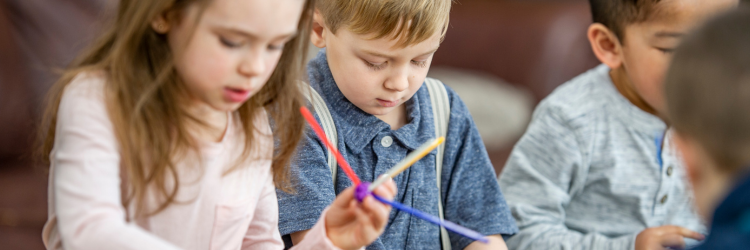AI Mimics Rather than Innovates?
Most of the headlines regarding Artificial intelligence (AI) extol its virtues. Here’s a different slant. While many claim that AI is poised to overshadow the human mind, researchers at the University of California, Berkeley, say it lacks the crucial human ability of innovation. They say that AI systems often lack the ability to view tools in a new way, according to their research published in Perspectives on Psychological Science.
Given that ChatGPT is passively trained on data sets containing billions of words and images produced by humans, it can only function as a “cultural technology” that can summarize existing knowledge. However, unlike humans, it struggles when innovating on these ideas, according to the researchers. They remind us that AI systems are closer to a new form of library or search engine that effectively summarizes and communicates the existing culture and knowledge base to us.
The team tested how AI systems’ ability to imitate and innovate differs from that of children and adults. They provided 42 children ages 3 to 7 and 30 adults with text descriptions of everyday objects. In the first part of the experiment, 88% of children and 84% of adults could correctly identify which objects would “go best” with another. In the next stage, 85% of children and 95% of adults innovated on the expected use of everyday objects to solve problems. However, when researchers gave the same text descriptions were given to five large language models, the models performed similarly to humans on the imitation task, with scores ranging from 59% for the worst-performing model to 83% for the best-performing model. The innovation task was far less accurate, however. Effective tools were selected anywhere from 8% of the time by the worst-performing model to 75% by the best-performing model.
In a related experiment, children could learn how a new machine worked by experimenting and exploring. The large language models struggled to make the same inferences, likely because the answers were not explicitly included in their training data.
According to the researchers, “These models can summarize conventional wisdom but they cannot expand, create, change, abandon, evaluate, and improve on conventional wisdom in the way a young human can.”
AI is still evolving. Researchers say that if AI takes inspiration from children’s curious, active, and intrinsically motivated approach to learning, researchers could design new AI systems able to explore the real world.

